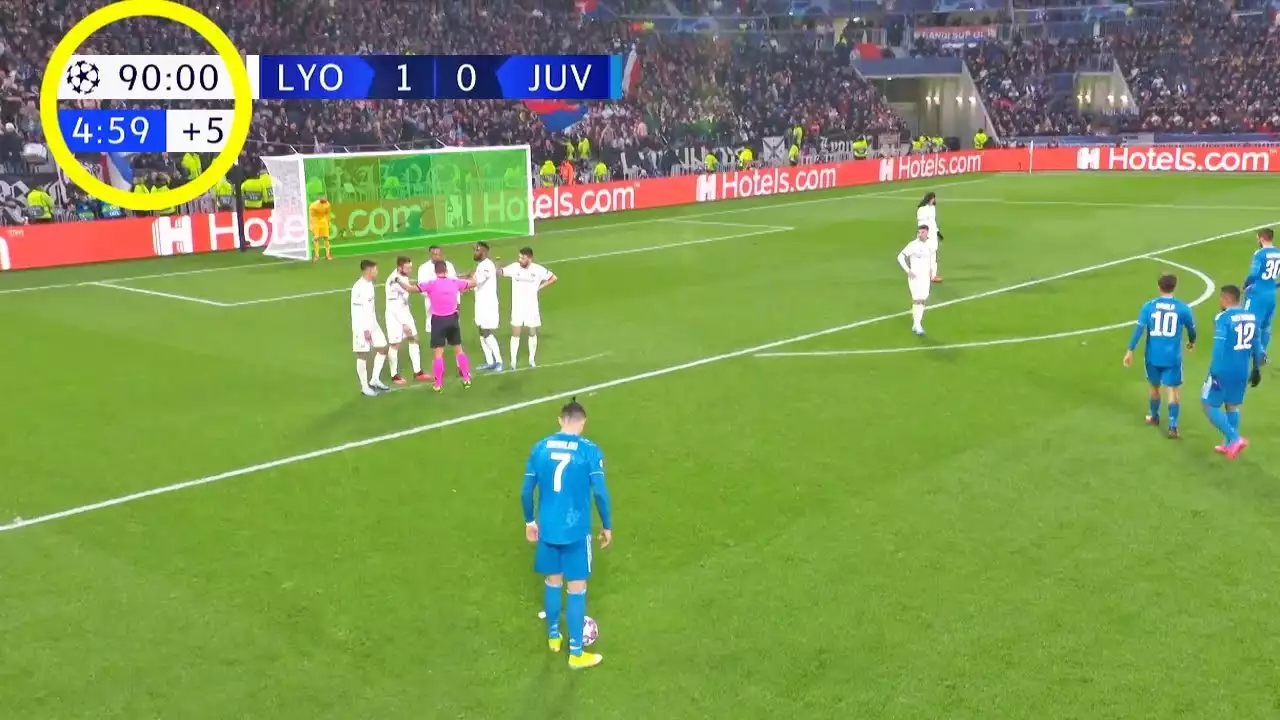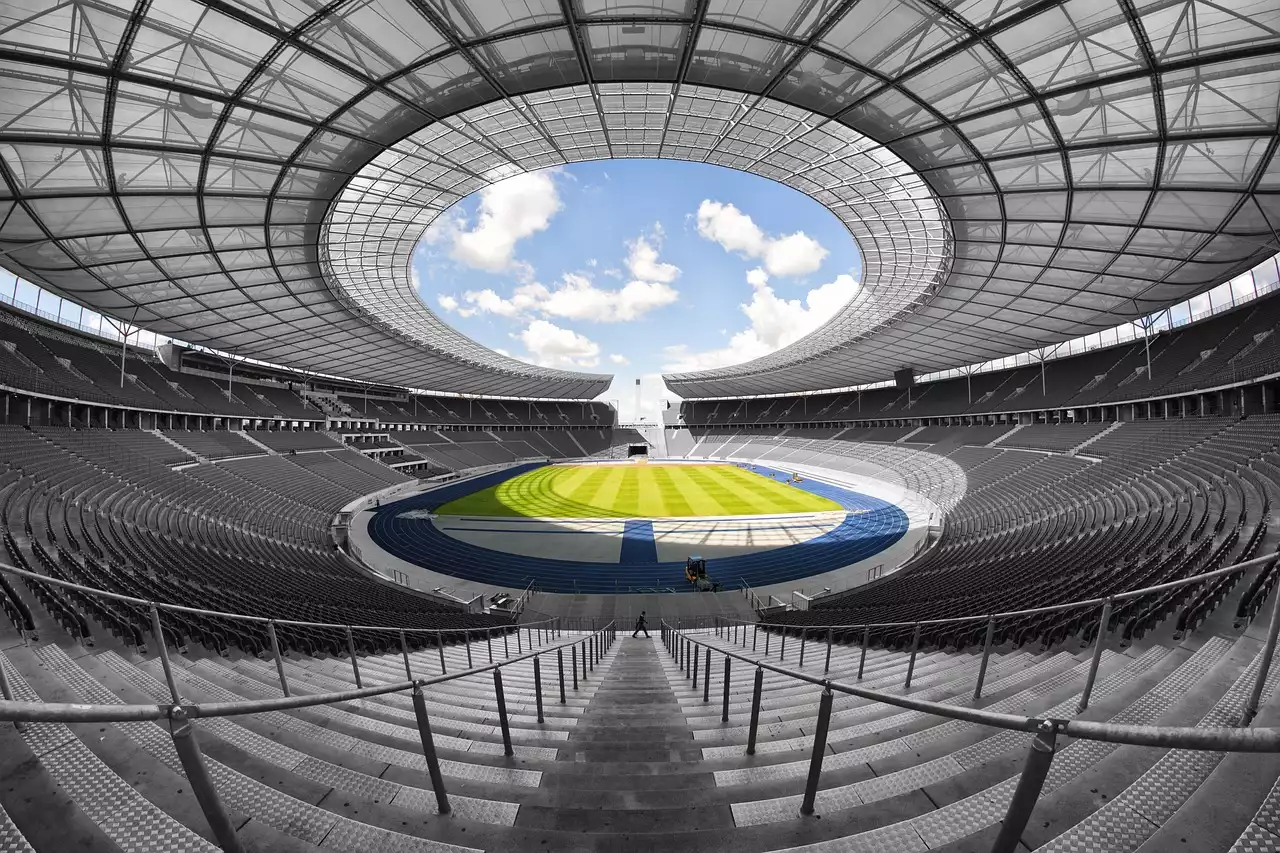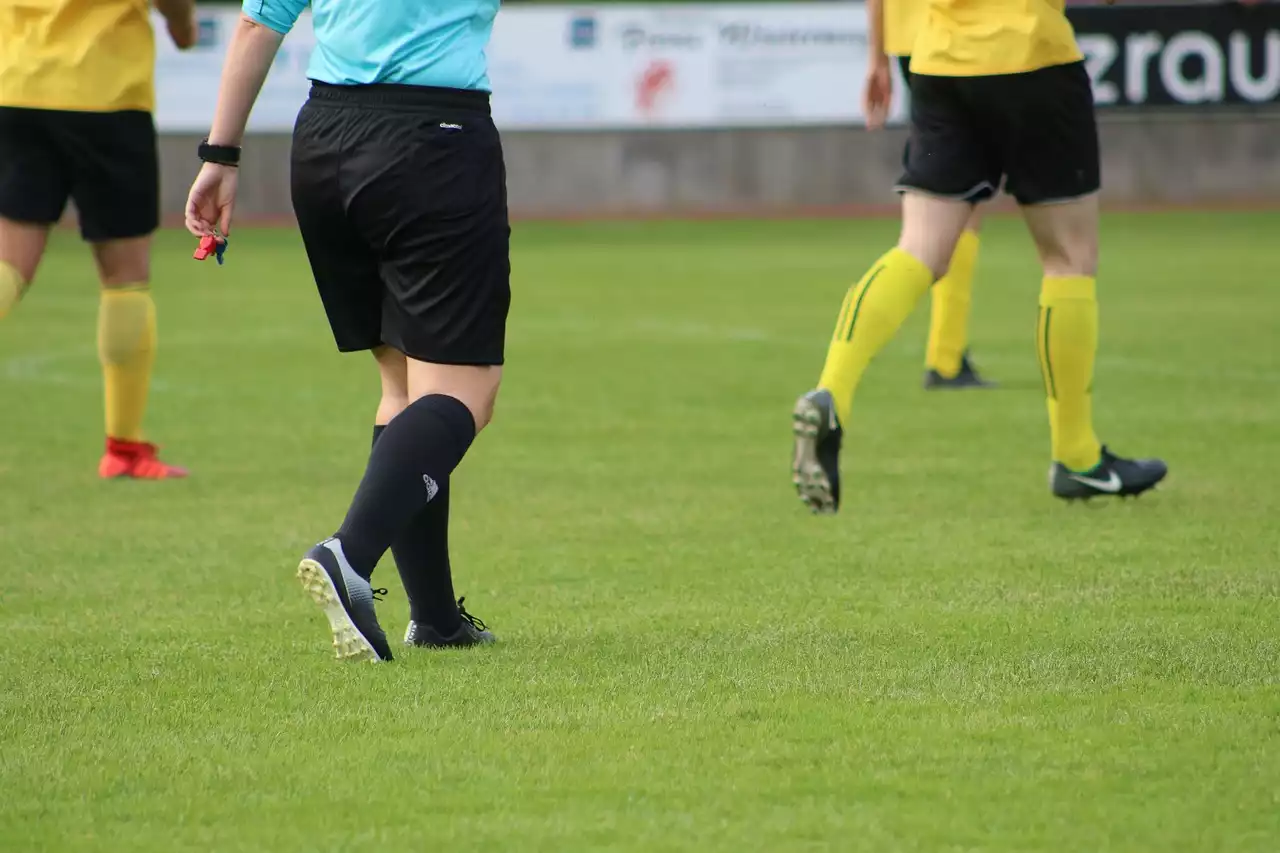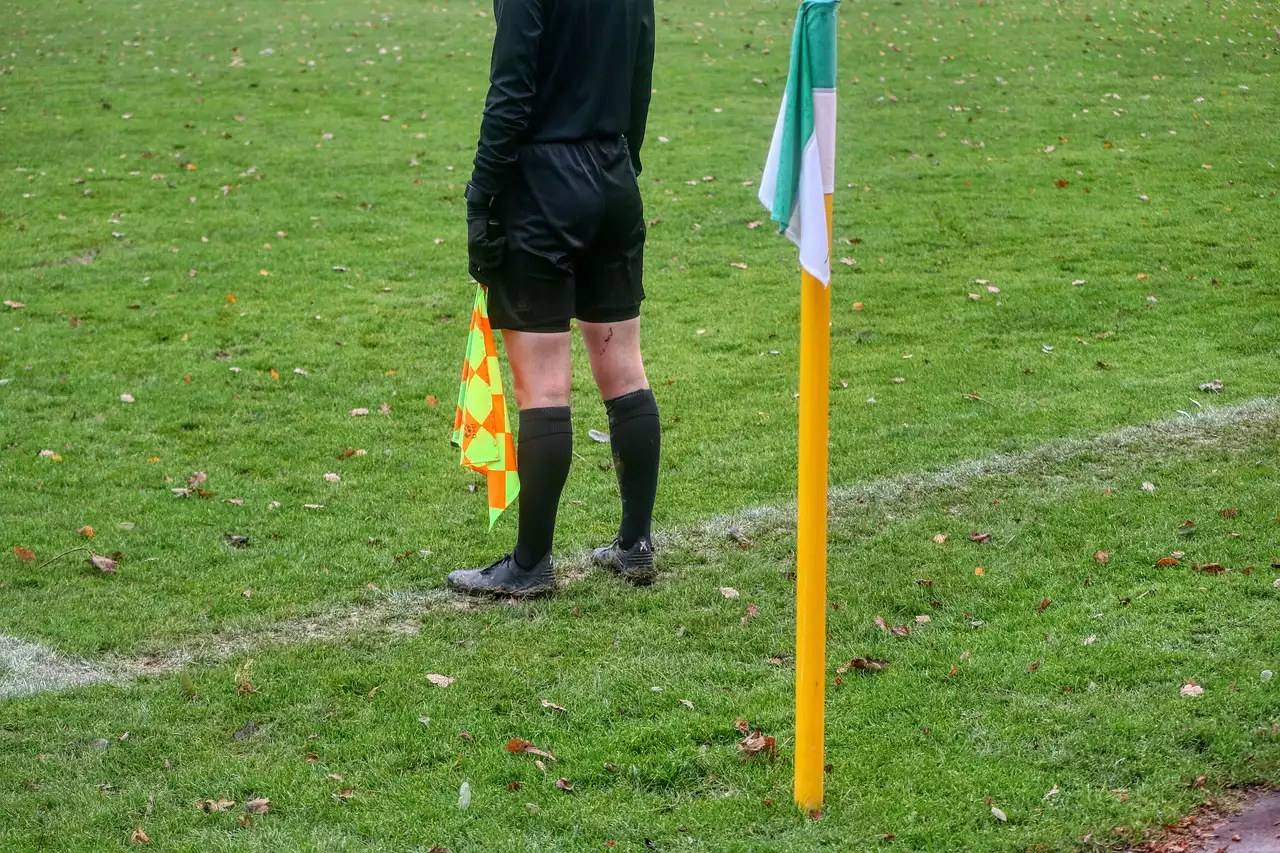The Standard Length of a Football Match
A football match is divided into two halves, each lasting 45 minutes. This duration is consistent across most leagues and competitions, including international matches. The 45-minute duration for each half is based on historical conventions and has been standardized over the years.
During each half, the clock runs continuously, except for when the referee stops play for various reasons. These stoppages can include injuries, substitutions, time-wasting tactics, or any other unforeseen events that disrupt the flow of the game. To account for these interruptions, the referee adds extra time, commonly known as "stoppage time" or "injury time," at the end of each half.
The amount of stoppage time added can vary and is typically determined by the referee's judgment. The referee considers factors such as the number of stoppages, the severity of injuries, the time taken for substitutions, and any other delays that occurred during the half. The accumulated stoppage time is then announced and displayed as extra minutes at the end of the 45 minutes.
Once the stoppage time is over, the half is considered complete, and the teams switch sides for the second half. The same process is followed for the second half, with another 45 minutes of continuous play, plus any additional stoppage time deemed necessary by the referee.
Factors Influencing Match Duration
While the standard duration of a football match is 90 minutes, there are several factors that can influence the overall length of a game. These factors can vary depending on the level of competition, tournament regulations, and specific circumstances. Let's take a closer look at some of these factors:
It's important to note that while the standard duration of a football match is 90 minutes, the actual time spent on the game can often be longer due to these various factors. Therefore, it's essential for players, coaches, and fans to be aware of these influences to better understand the flow and duration of a match.
In conclusion, the duration of a football match is typically 90 minutes, divided into two halves of 45 minutes each. However, stoppage time is added to account for any interruptions during play, ensuring that the full 45 minutes of each half is completed. The total duration can vary depending on the level of competition, tournament regulations, and additional time added for extra periods or penalty shootouts in knockout matches. By understanding these factors, football enthusiasts can fully appreciate and enjoy the beautiful game. So, the next time you're watching a match, keep an eye on the clock and appreciate the intricate balance between gameplay and the necessary stoppages that make football such a dynamic and exciting sport.











